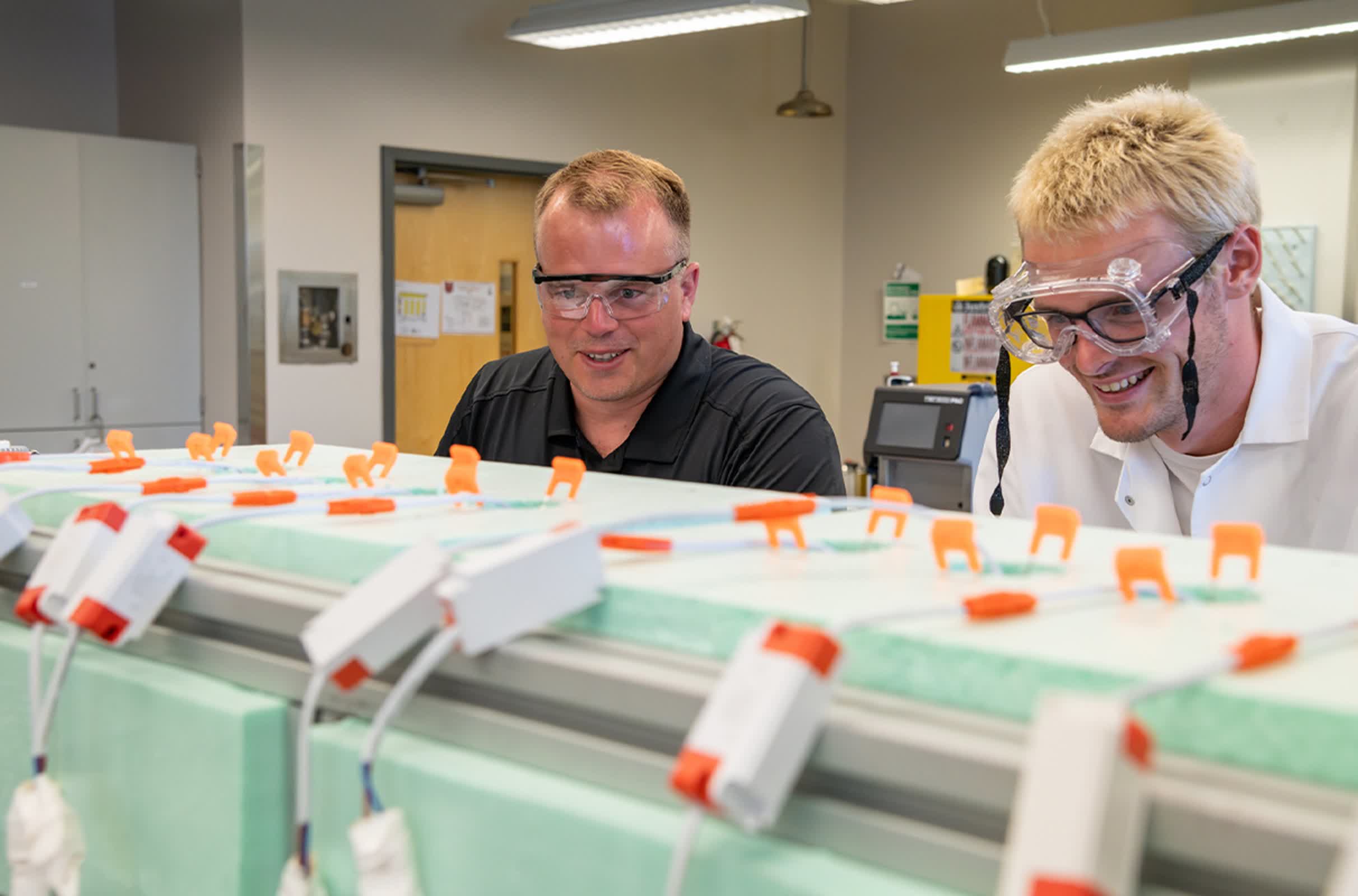Serving tech enthusiasts for over 25 years.
TechSpot means tech analysis and advice you can trust.
Why it matters: At 100 billion gallons and counting, global aviation fuel consumption has a huge carbon footprint. The industry aims to shift to 100% renewable fuel, and research is bringing it closer to that goal. A new study finds that it is possible to repurpose agriculture waste into sustainable fuel.
Researchers at Washington State University have successfully tested a new method to create jet fuel from agricultural waste, specifically lignin-based materials.
Led by Professor Bin Yang from the Department of Biological Systems Engineering, the research team developed a continuous process to convert lignin polymers into jet fuel. This process, called "simultaneous depolymerization and hydrodeoxygenation," breaks down lignin and removes oxygen to create the fuel.
Lignin, a key component of plant cells, is derived from corn stover – the stalks, cobs, and leaves left after harvest. The new lignin-based jet fuel is cleaner and more easily usable in jet engines compared to conventional fuels.
The hydrocarbons derived from lignin could replace fossil fuel-derived compounds called aromatics, which are associated with contrails and negative climate impacts. Aromatics are still used in jet fuel because they increase its energy content and help maintain seals in engine parts.
Global aviation fuel consumption reached nearly 100 billion gallons in 2019, with demand expected to rise in coming decades. The aviation industry hopes one day to be able to generate 100% renewable aviation fuel, said Josh Heyne, a research team member and co-director of the WSU-PNNL Bioproducts Institute. The lignin-based jet fuel brings the industry closer to this goal because it complements existing technologies, such as increasing the density of fuel blends, according to Heyne.
One key advantage of this new fuel is its potential to be fully 'drop-in' capable, meaning it could be used with existing engines, infrastructure, and aircraft like current fossil-derived aviation fuels. The researchers' goal is to create a commercially relevant technology for a complementary blend component that can achieve a 100% drop-in goal, Heyne said.

The research marks the first successful test of a continuous production process, which is more feasible for commercial application. The team used a less processed, less expensive form of lignin called "technical lignin," making the process more economically viable.
The research, published in the journal Fuel Processing Technology, was supported by several organizations, including the US Department of Energy's Bioenergy Technologies Office and the Pacific Northwest National Laboratory.
The research team is now working to refine its process for better efficiency and reduced costs, which would bring sustainable aviation fuel that much closer to widespread commercial use.